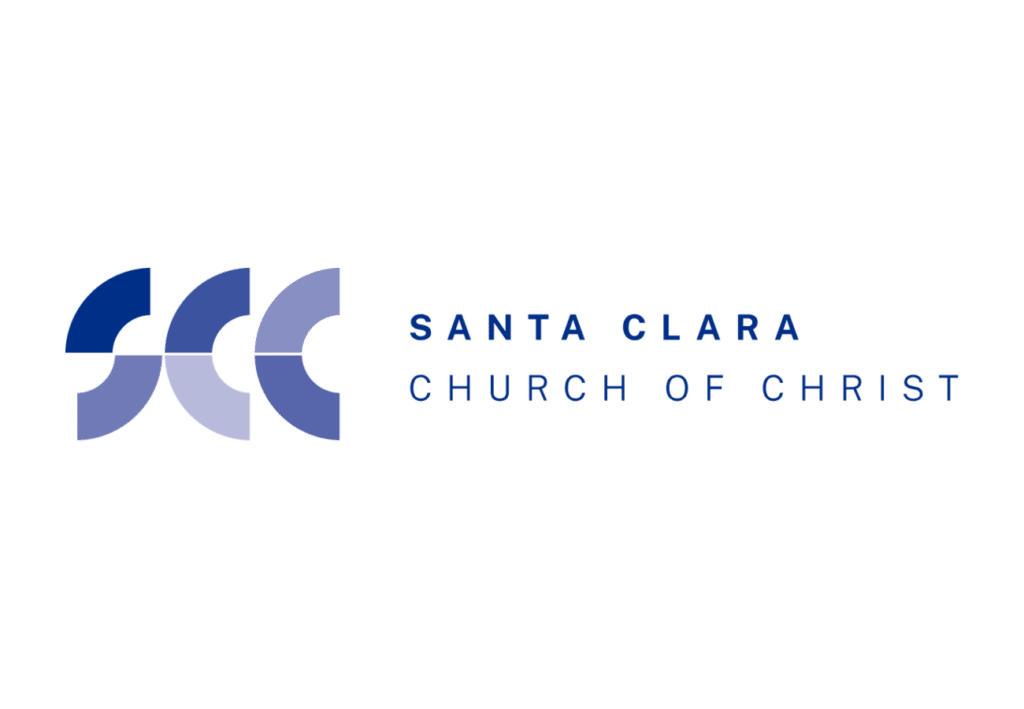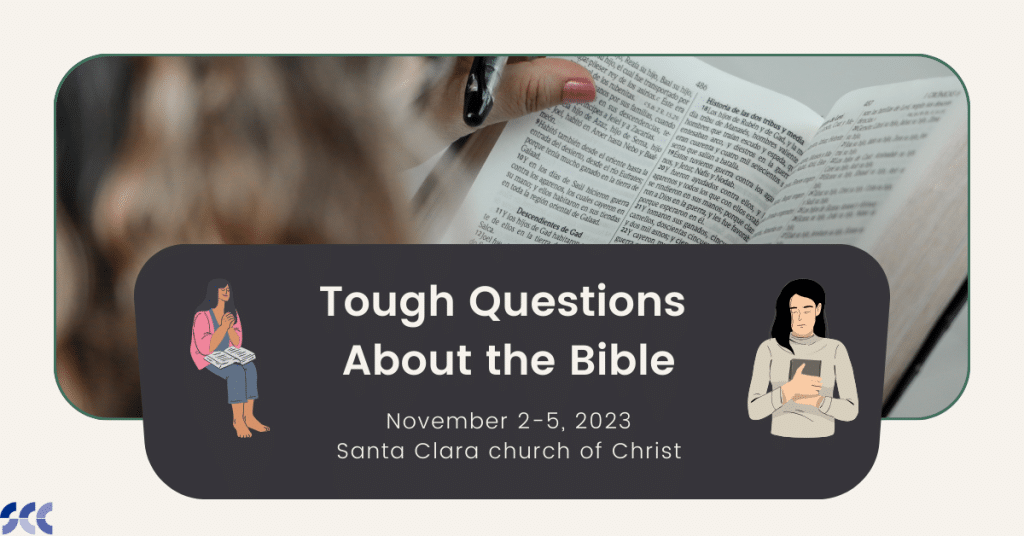After 33 years of full time preaching, I believe that the best way to study the Bible is to have a quiet time and place, an open Bible, an open mind, a prayerful heart, and a notepad for writing down the amazing thoughts that God’s Word will spark. These quiet periods spent in meditative reflection on the Bible will transform our lives and make us the kind of people fit for God’s eternal presence. There is no better way to “be transformed by the renewal of your mind, that by testing you may discern what is the will of God, what is good and acceptable and perfect” (Rom. 12:2). There is no substitute for unobstructed, devotional reflection on God’s Word.
That said, there are many “helps” that provide invaluable assistance to serious Bible students, especially when we run into a snag, don’t fully understand a passage, or need some information concerning word definitions or cultural background. The insights we gain from these tools will enhance our appreciation of the sacred text and help us avoid the pitfalls of misinterpretation. Probably the most important book you can own, besides a Bible, is a good Bible dictionary.
Commentaries should be used with care, but they can be extremely helpful to those who can discerngood interpretation from bad. No human publication is 100% perfect, but when a scholar spends thousands of hours consulting the best sources in the world in an attempt the explain difficult sections of the Bible, we would be foolish to have a predisposition against everything he writes. On the contrary, he may say something that sheds tremendous light on a Biblical passage we have failed to grasp. In this connection, my preacher-friend Tony Mauck writes:
Should we belittle the reading of commentaries? Once we have familiarized ourselves with what God has written, why not attempt to better understand by learning from another’s study? Isn’t that what our Bible classes are all about? Consulting the knowledge and studied opinions of others is valuable and even wise. Perhaps they have seen things I have not. In fact, I am greatly indebted to the studies of others. Often, the commentator has done a great deal of research that I have not been able to do. I rarely agree with all of the conclusions of a given commentator. And that would likely be the case if I were to write such a volume on a book in the Bible. Be discriminating when you read and don’t accept anything blindly. Consider what a conclusion means as it relates to other parts of Scripture and all of Scripture for that matter. Yes, be careful (Acts 17:11), but don’t shun out of hand what might be a helpful source of information to further enhance your understanding of God’s marvelous word.
Just remember, even after you consult one or more of these “helps,” that the final authority is God’s Word itself. As I said in the first paragraph, there is no substitute for just studying the Bible.
— Mike Wilson



